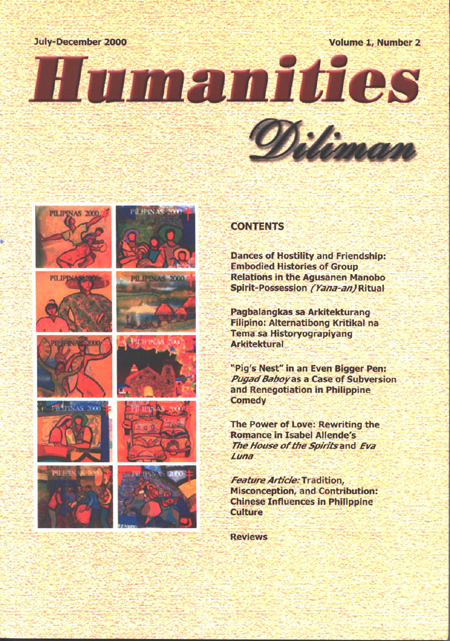The Power of Love: Rewriting the Romance in Isabel Allende's The House of the Spirits and Eva Luna
Abstract
Despite its ongoing popularity with women readers, romantic fiction has traditionally been regarded as an instrument of women's oppression, largely due to its reinforcement and even glorification of sexual stereotypes and bourgeois values. Latin American writer Isabel Allende's novels The House of the Spirits and Eva Luna both contain a number of the elements and conventions of romantic fiction, including distinct similarities to the two acknowledged foundations of this genre: Charlotte Brontë's Jane Eyre and Emily Brontë's Wuthering Heights.However, The House of the Spirits and Eva Luna can also be read as rewritings of the genre of romantic fiction. In these two texts, Isabel Allende appropriates and then reworks certain conventions of romantic fiction in order to portray her notion of "fulfilling egalitarian relationships" between men and women. Nevertheless, despite these feminist revisions, Allende's rewritten romances do retain the "wish-fulfillment" element-or ideal-of romantic fiction, its depiction of women's fantasy of feminine values being appreciated and validated within heterosexual romantic relationships in the real world.


